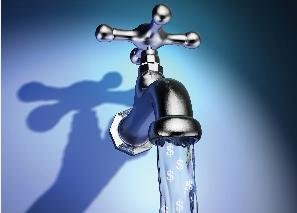A flood can happen without warning anywhere at any time. However, some of us live in areas that are more prone to flooding because of high rains, proximity to bodies of water or weaker infrastructure. All of us should do everything in our power to be as prepared as possible, but especially those that are aware that where they live is likely to experience a flood. Here are 4 important tips for preparing:
Create lists and check them twice.
Create a series of checklists that will help you and your family remember what to do in the case of a flood. A valuable items checklist, for items to try and preserve like important documents or photos. A safety checklist, reminding you to turn off the gas, electricity, and water. A checklist for what to take in case of evacuation, and so on. Then make sure you and each family member are familiar with the lists and can easily find them.
Gather supplies, including a backup water supply.
During and after a flood, it’s likely you will not have access to certain services or local water. In fact, according to Home.com, you should never drink local water after a flood. Water from a well or the city water system will need to be tested by an official, verified party before it is safe to drink. In the meantime, your family will need at least a five-gallon cache of water. Make sure you also have things like batteries, medication, phone chargers, and whatever else is specific to the needs of your family.
Practice evacuating.
If your area is prone to floods, get familiar with what types of floods it’s likely to have, the community warning system, shelter plans, flash flood response, and evacuation routes. Practice these things with your family regularly. If you have pets, you will need to know how to evacuate with them in the safest way possible. If you have small children, you can make it into a game with simple instructions that are easy for them to remember.
Prep your house and get insurance.
According to ready.gov, homeowner’s policies do not cover flooding, so find affordable flood insurance in your area. You can also protect your home by investing in and installing things like a sump pump, a backflow valve or plugs for your drains, septic pump alarms, or a backup toilet system. You can learn most of these things online with a little research, but we recommend enlisting help from a professional when prepping your home.

